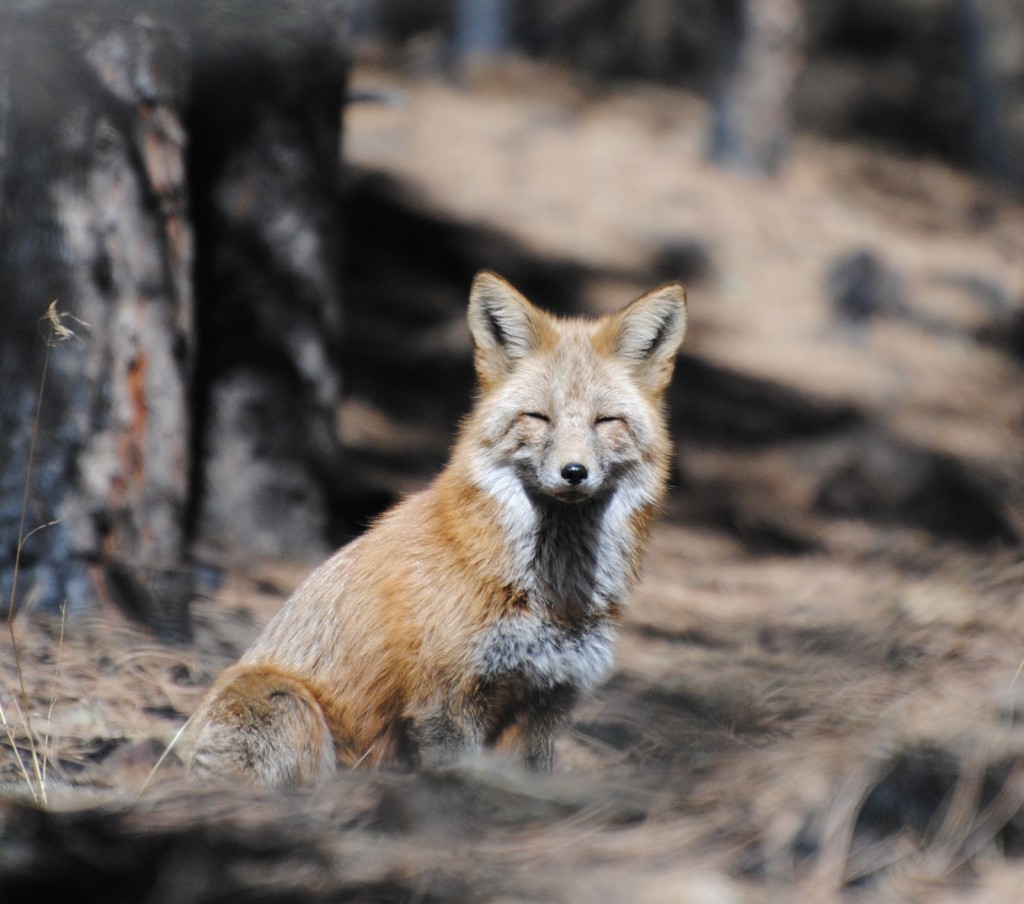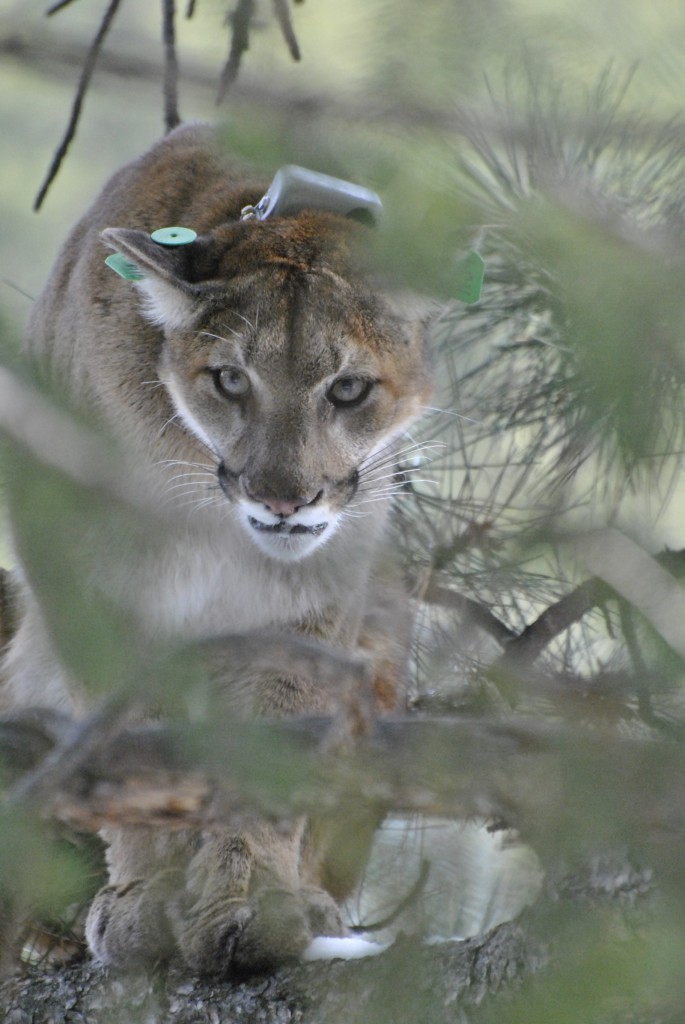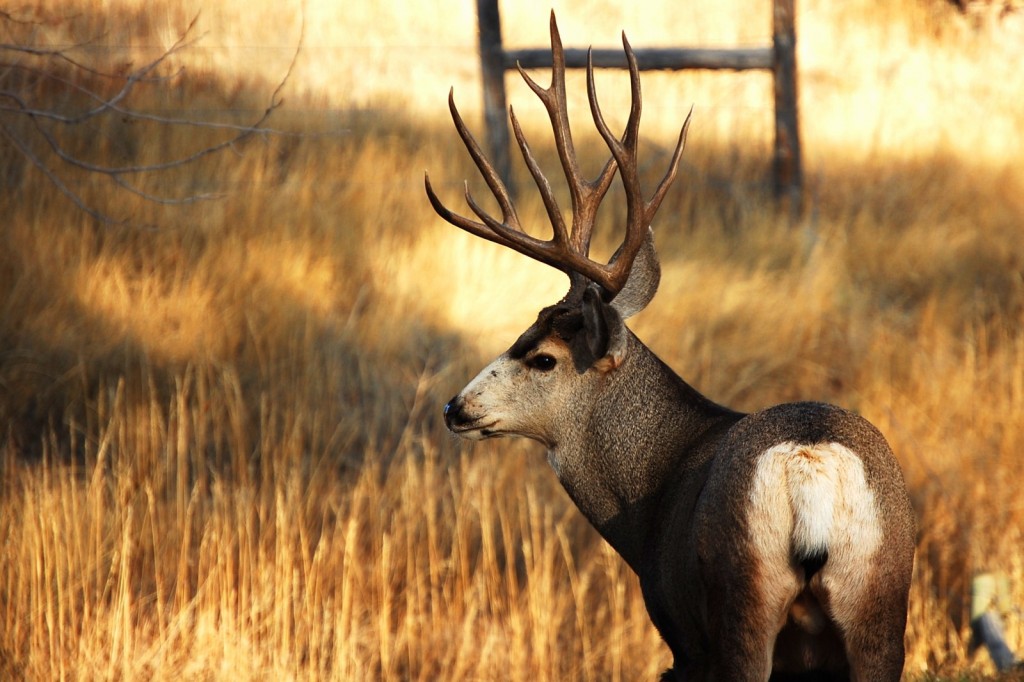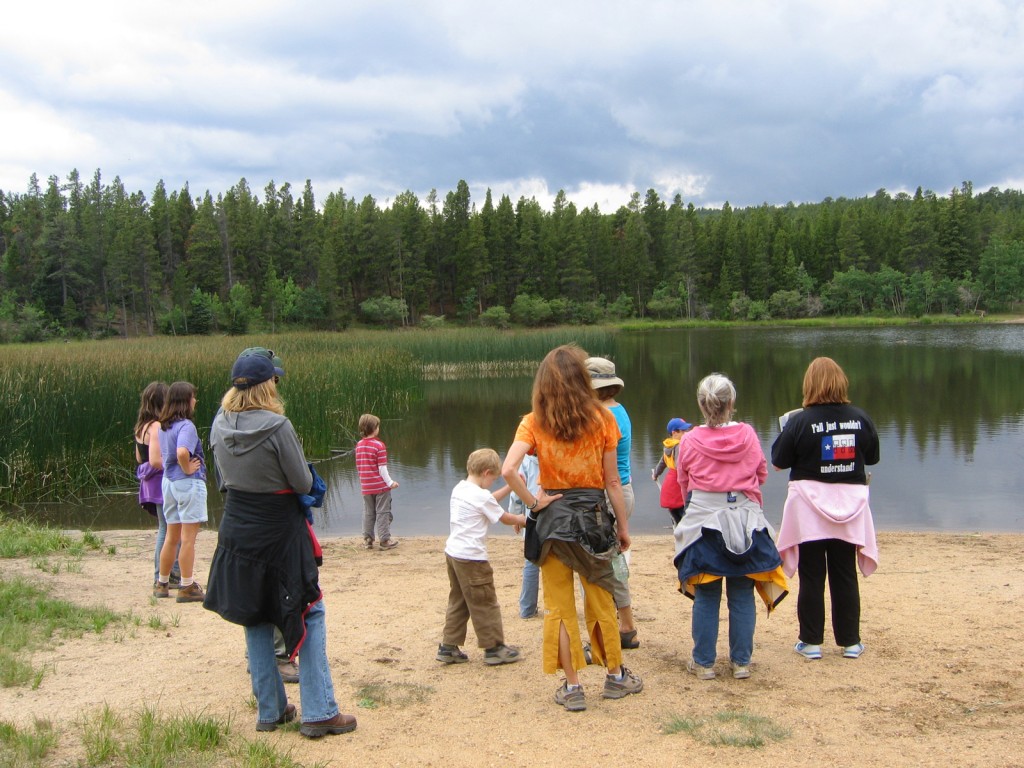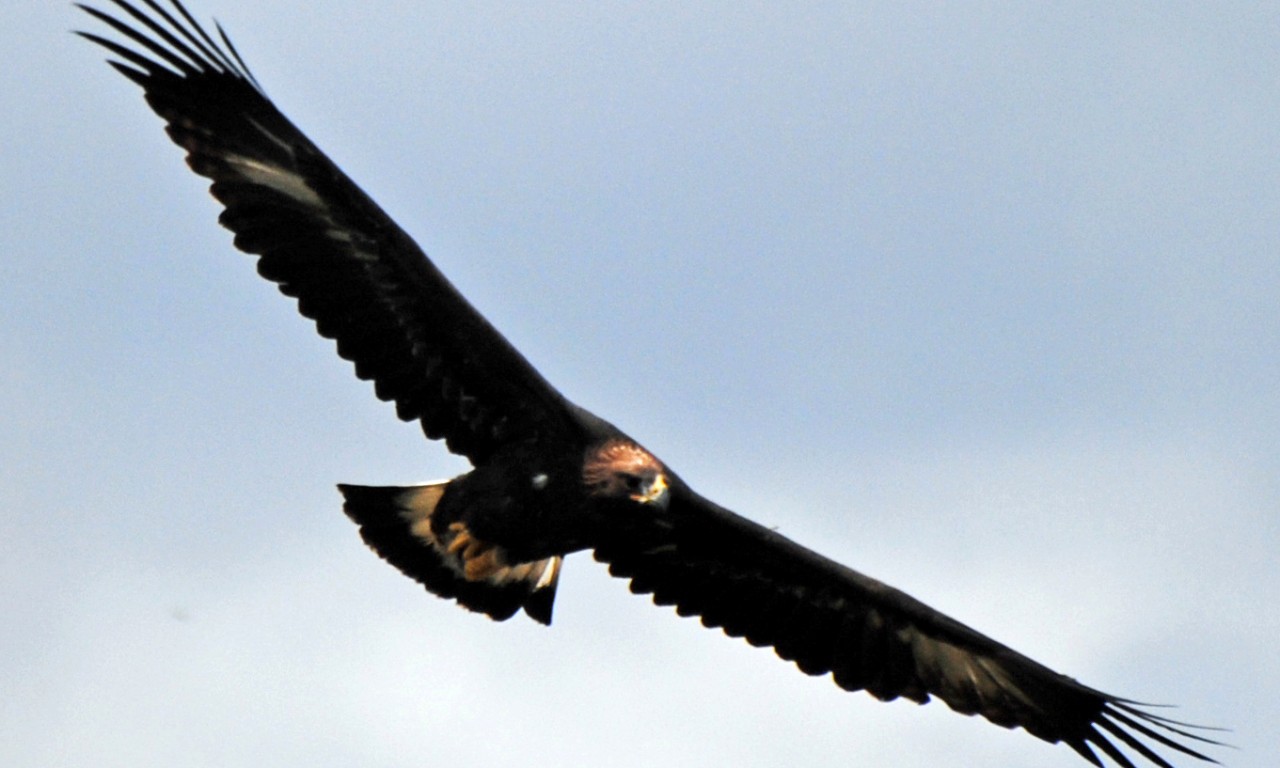Hundreds of species of birds, mammals, reptiles, fish, and amphibians live in or migrate through Boulder County, and most of those at one time or another eat, rest, sleep, cross through, breed, or have their young on county open space properties. From the tops of windy mountains to the low dips of wetlands and everywhere in between, wildlife can be found across the entire spectrum of Boulder County’s ecosystems.
In fact, as a land management agency, Boulder County Parks and Open Space facilitates the protection, preservation, and, at times, enhancement and restoration of wildlife populations and the habitat that they depend upon. However, as a public agency with multiple goals (i.e. preservation of rural and agricultural lands, protection and restoration of cultural resources, providing for quality recreational opportunities, and the protection and preservation of natural resources, including wildlife and their habitats), open space staff must constantly find the balance amongst varied and occasionally competing interests.
Wildlife Policy Offers Guidance
Department staff regularly make management decisions that can potentially have either positive or undesirable effects on wildlife species and their habitat. For example, when a new trail is proposed, what distance should it be placed away from an active raptor nest? On an agricultural property, how do you manage wildlife that may damage the farmer’s harvest? How is wildlife considered in an ecological restoration project? Even in an area with suitable habitat and limited development, questions still arise about which type of wildlife habitat should have management priority. Sometimes, the habitat needs of one species compete with those of another species. For example, think about a dense forest versus open woodland versus grassland and the species that depend on each. Which one should we manage for?
These questions and many more will be sorted out by staff and the public in the Boulder County Parks and Open Space Wildlife Policy.
The Wildlife Policy is part of an initiative started by the Parks and Open Space Department in 2006. Since that time, Parks and Open Space has been working on the creation of a series of policy documents for various resources and land uses important to the citizens of Boulder County. The primary goal of the policies is to serve as an essential link between the Boulder County Comprehensive Plan and property-specific management plans. The Comprehensive Plan sets forth the overarching goals and guiding policies for open space within the county, including providing wide-ranging guidance on the acquisition and management of open space. Property-specific management plans provide the vision and detailed management goals, objectives, and strategies (such as where to place trails and facilities, the location of significant natural and cultural resources, and any other property-specific management actions) for a given open space property (e.g. Rabbit Mountain, Betasso Preserve, or Hall Ranch).
The policies, in contrast, will provide management direction for the particular resource or land use across all county open space properties. This may include what types of management can and cannot occur on county open space, what tools are available for management, and how priorities are set and decisions made for the specific resource or land use. One of the primary benefits of the policies, therefore, is to help streamline the decision making process and management activities across all county open space properties by not having to reconsider certain management actions on a site-by-site basis. This will allow for uniform management across all properties and lets both staff and the public know what management is considered acceptable and appropriate on county open space.
An example from the Forest Management Policy is the objective that states “Use prescribed fire for public safety, natural fuels reduction, and ecological benefits.” This means that Parks and Open Space can utilize prescribed fire on any of its forested properties if it is deemed necessary, appropriate, safe, and follows all federal, state, and local laws. Whether to allow prescribed fire, therefore, does not need to be revisited in every management plan.
Policies: From Cropland to Visitor Use
Policies created to date include the 2009 Conservation Easement Policy, 2010 Forest Management Policy, 2011 Cropland Policy and 2012 Water Policy. Future policies will include a Grassland and Shrubland Policy (in progress), a Cultural Resource Policy (in progress), and a Visitor Use Policy in addition to the Wildlife Policy.
The Wildlife Policy will specifically address how the department protects, manages, and enhances wildlife habitat and species. Topics within the policy may potentially include wildlife species of special concern; wildlife habitat protection, restoration, and enhancements; reintroduction, relocation and removal of wildlife; human-wildlife conflict; wildlife monitoring and adaptive management; wildlife habitat conservation areas; visitor use effects on wildlife; hunting; impacts to wildlife of other management activities such as forestry and agriculture; wildlife research; and collaboration, among other potential topics.
The Flood Effect
In August 2013, an interdisciplinary team of Parks and Open Space staff conducted the initial planning meeting for the Wildlife Policy to begin discussing the overall purpose, need, and scope of the policy. However, due to the September 2013 floods and subsequent changes in department priorities and work plans, the Wildlife Policy has been put on hold. It is anticipated that planning for the policy will occur over the next two to three years with plenty of opportunity for public engagement. The planning team will work to create a policy that benefits the county’s open space properties, its wildlife, and the citizens of Boulder County.
A Public Process
Parks and Open Space looks forward to working with the public on this significant and essential policy document. To stay informed about the planning process and future meetings sign up for the planning email list or contact Ernst Strenge, Resource Planner, at estrenge@bouldercounty.org.
